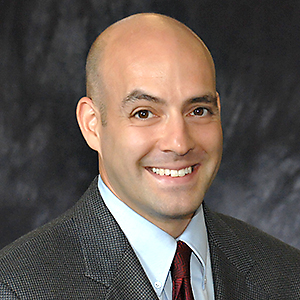Did Trump Scare Off the ICC?
A few weeks before the U.S. presidential election, the prosecutor of the International Criminal Court (ICC) released her latest update on the court's long-running inquiry into alleged crimes committed in Afghanistan. While emphasizing that Taliban and insurgent crimes will be the focus, that update doubled down on the prosecutor's previous insistence that U.S. personnel may have committed war crimes in Afghanistan. And the prosecutor even took her scrutiny of U.S.
Published by The Lawfare Institute
in Cooperation With

A few weeks before the U.S. presidential election, the prosecutor of the International Criminal Court (ICC) released her latest update on the court's long-running inquiry into alleged crimes committed in Afghanistan. While emphasizing that Taliban and insurgent crimes will be the focus, that update doubled down on the prosecutor's previous insistence that U.S. personnel may have committed war crimes in Afghanistan. And the prosecutor even took her scrutiny of U.S. conduct a step further, by including for the first time certain eastern European 'black sites' in the inquiry.
As I wrote here, all signs and sources pointed toward the court's first ever investigation of U.S. personnel—and a potentially loud fight between Washington and The Hague about the court's jurisdiction. But something funny happened on the way to the showdown; the prosecutor's "imminent" decision still hasn't arrived. One can only speculate as to the dynamics within the prosecutor's office, but it's at least worth considering that the delay is Donald Trump-induced.
The prosecutor finds herself in an exquisitely difficult position. The ICC remains under assault in Africa, with South Africa's withdrawal still reverberating. This week, the African Union agreed to an (admittedly vague and nonbinding) plan for mass withdrawal. Russia recently "unsigned" the Rome Statute, putting to rest any faint hopes that Moscow might become a member. In this fraught environment, a fight with a Trump administration that appears all too eager for battle with instrusive globalism may be more than the court can bear.
A strategic pause on the Afghanistan investigation could allow cooler heads to assert themselves in the Trump administration; better Rex Tillerson and James Mattis holding the pen on the U.S. response than Steve Bannon and Michael Flynn. But as is so often the case for the prosecutor, there are no easy options. Delaying Afghanistan too long will only reinforce arguments by many African members that the court is trimming its docket to match geopolitical imperatives.




